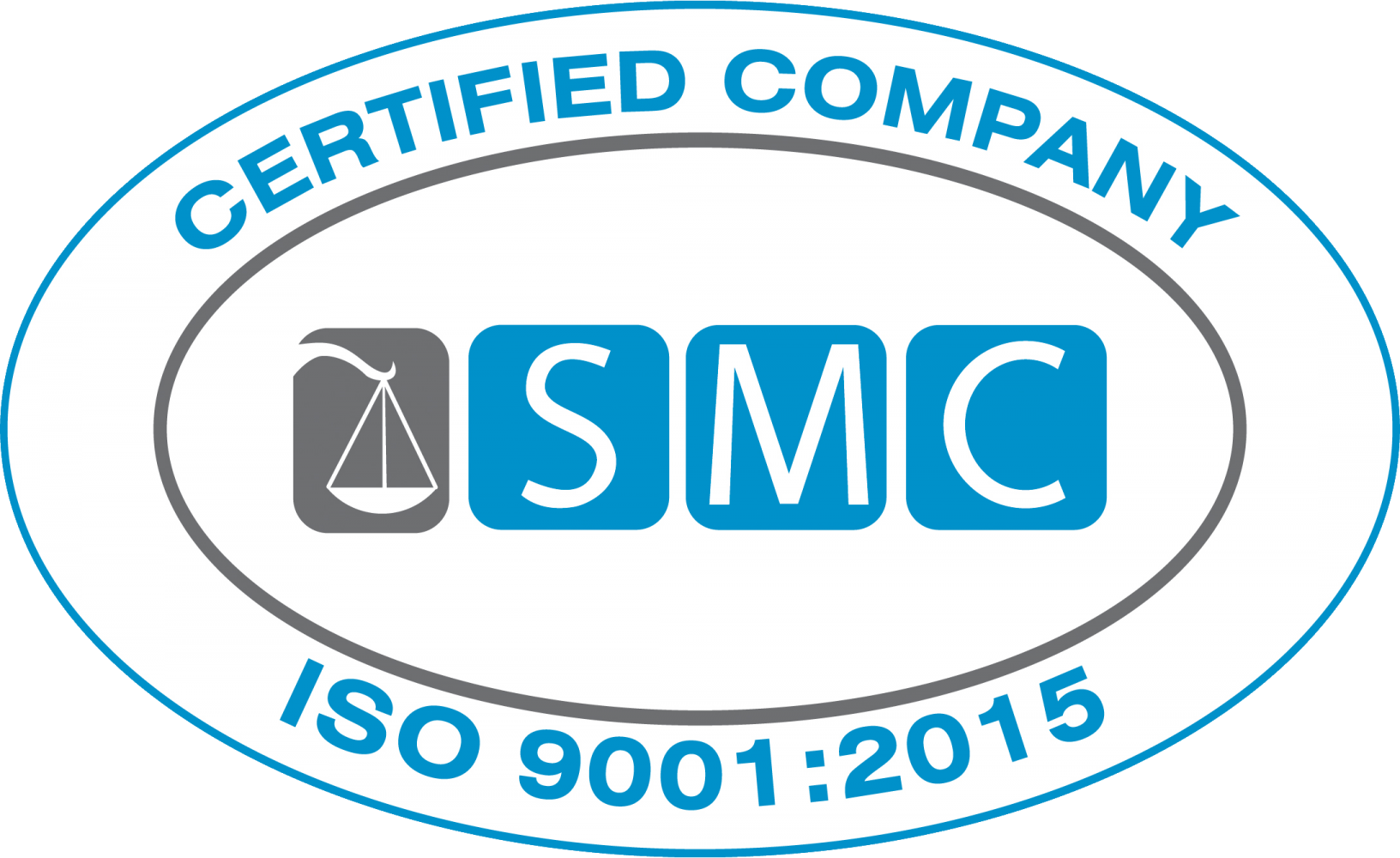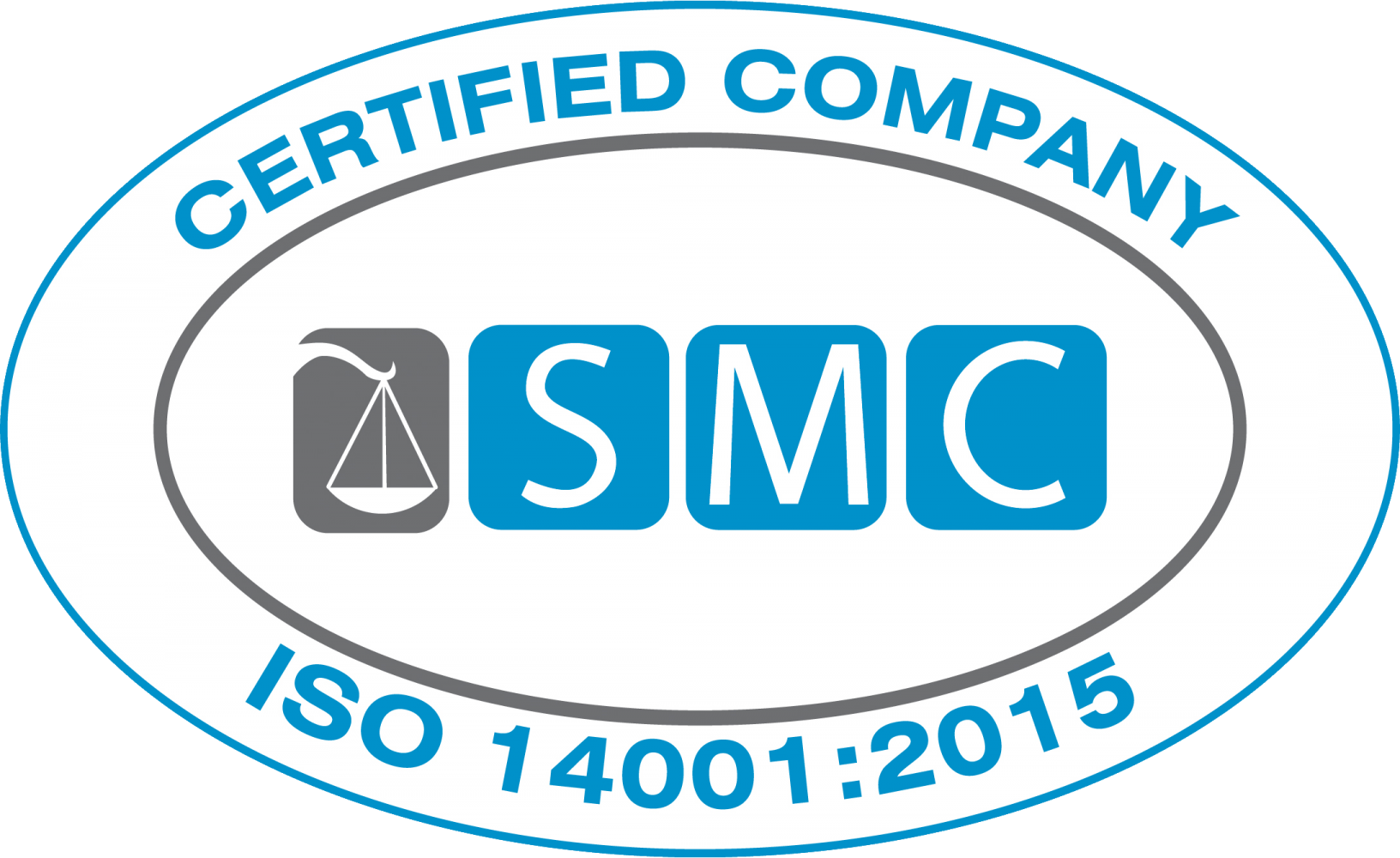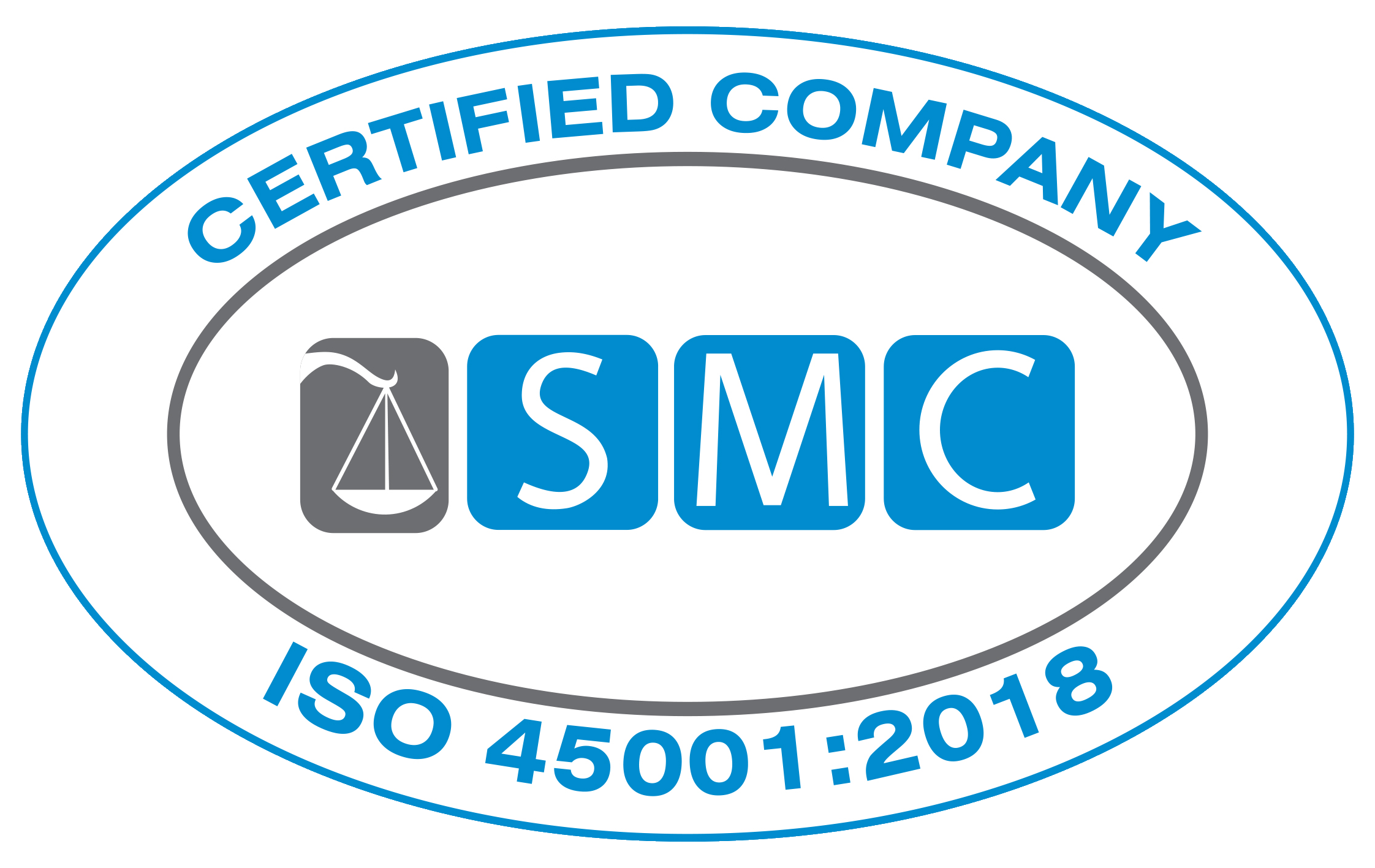Who Is
It is now more than 15 years since a group of "experts in the field", sensing its absence in the disciplinary panorama, decided to create a structure that would, on the one hand, contribute to the definition of design methods capable of making the relationship between "civil works" and the "environment" more pregnant and concrete, and on the other, apply their solutions to concrete cases.
"the relationship between 'civil works' and the 'environment', and to apply their solutions to concrete cases.
On the one hand theory, through research, and on the other hand practice, through engineering services, in other words the Institute for Eco-Sustainability Research and Engineering.
While in the beginning the focus was on research, for more than a decade now I.R.I.D.E. has been developing "environmental engineering" activities, supporting the development of important national infrastructure initiatives and setting itself the future goal of being able to reach the coveted goal of talking about "environmental engineering".
"engineering for the environment".
The Vision
The Institute for Eco-Sustainability Research and Engineering - I.R.I.D.E. intends to act as a plural laboratory in which all those who believe that eco-sustainable development can be effectively pursued, i.e. a model in which instances that are only apparently sustainable can be reconciled, can find an opportunity for knowledge and experimentation.
only apparently conflicting demands such as conservation and transformation can be reconciled.
transformation.
I.R.I.D.E. aims to support public and private proposers in the design, presentation and approval of the initiative. The aim is first and foremost to make the project as environmentally sound as possible, ensuring that the initiative pursues a high level of
"sustainability' in the broadest sense of the term. Following this process, I.R.I.D.E. aims to achieve a project that is technically and environmentally robust, so that it can tackle the environmental permitting process with sufficient strength, quickly responding to the needs highlighted by stakeholders and the public.
the needs highlighted by stakeholders and competent bodies.
In achieving these aims I.R.I.D.E. devotes itself on every occasion to identifying the most correct working methodology, the result of specific research deriving from knowledge of the subject as the result of specific activities arising from the application of specific innovation processes. A paradox that I.R.I.D.E. intends to pursue in its mode of support for sustainable development is that of being able to achieve territorial planning of the area of intervention concerned by the proposed initiative.
The Mission
Plurality, inherent in the very concept of sustainable development, is the hallmark of I.R.I.D.E., which finds expression in the chosen operational model and in the action strategies that hinge on three fundamental pillars: Believing in research, basing its activities on the contributions from the university world and, more generally, from the contribution provided by experts in the various disciplines relating to the paradigm of sustainable development; an inalienable contribution to achieving ever greater knowledge and competence towards the pursuit of eco-sustainable development. Belief in practice is the other founding principle of the organisational model that animates engineering services. Believing in experimentation means in fact trying, together with the various promoters of infrastructural and territorial transformation interventions, to translate what has been elaborated on a theoretical level into practice and, above all, to give concrete demonstration of how an eco-sustainable development model can actually be pursued. Believing in sharing makes it possible to make the opinions of the decision-making context coincide with those of the proposer and vice versa, as a fundamental aspect for the success of project initiatives and at the same time to obtain the right balance for the territory. In this sense, I.R.I.D.E. believes in "Participatory Design" and in all the moments of possible confrontation aimed at enriching the project instance (Public Debate, Consultation Tables, etc.).




